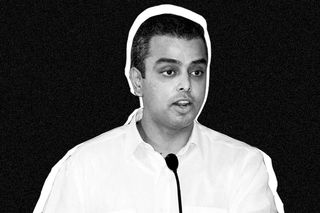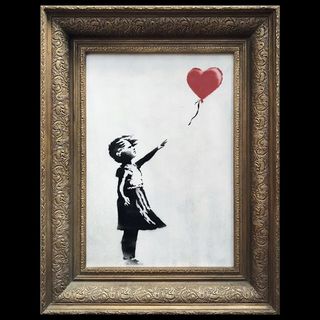
Milind Deora on #MeTooIndia: Society’s Mindsets Need to Change
Gender discrimination in India starts “even before girls are born.”

We sat down with Milind Deora, former Congress MP for the Mumbai-South constituency and Cabinet minister, to discuss his perspectives on #MeTooIndia and the role government has to play in addressing gender inequality.
THE SWADDLE: What are the biggest gender inequality issues facing India today?
Milind Deora: We have a long way to go. It starts even before girls are born, and then extends to people’s homes, to domestic violence, to discrimination in the workplace. There’s no one thing. I empathize with women in our country.
THE SWADDLE: Which of these is it the responsibility of GOI to tackle? And how?
MD: The ban on gender discrimination is a government imposed ban, and to a large extent is has helped to protect the girl child, and there is strong legislation to prevent violence against women. But there’s a lot more that the government can do. To me, the government has a role to play – an important one — but until society changes, and our mindsets change, government’s attempt at improving the situation will be futile.
Regardless of the gender discrimination ban, if people don’t want to have a girl child, the ban won’t be effective. If people continue to think women can’t work, what can the government do? The GOI can’t come into your life and your home. Government has to take the first step, but a lot of the work has to be done by society.
Read: How Do You Feel About #MeToo? We Want to Hear From You.
THE SWADDLE: What role does the government play in MeToo India?
MD: By and large, the regulatory and legislative framework is in place. To me, now, the biggest part of this movement is that it’s now in the realm of society. So the Government has a role; we have a duty to make it easy for women to report [harassment], we have to make things easier for women in the day-to-day administrative functioning of the government. But the ball is currently in the court of society to learn from this [movement] and improve.
There is an area of physical abuse and assault, which is not gray, it’s black and white. There is no nuance there. In the non-physical space, there is a generational divide on this issue. If you speak to older women, they may say “women need to be tough” and they brush off certain things as harmless flirting. Then there’s the middle generation that says being suggestive and flirtation is okay, as long as it’s not lewd. If you talk to a millennial, they have a completely different perspective on consent. The definitions seem to be different depending on the generation you’re talking to. In the gray area of the non-physical, something has changed; there is a generational shift. Men need to take note that something has changed. There is a new awareness now, and that’s a good thing.
The emotions and anger are a good thing because they force us to listen. But we have to be careful with these movements as well. We are all learning, we all didn’t have the same boundary lines before. We have to be angry, emotional, and fair.
THE SWADDLE: MeToo has faced a critique of going “too far” particularly in instances where there can be no independent verification of something that happened between two people, years ago. What do you make of this criticism?
MD: If there are serious allegations of assault, it should come out. These are tricky things. This movement is anarchic in a sense, and it should be; that’s why it’s powerful. But the risk is that it can be directionless and without filters. We should always try to prevent that from happening.
Read: All the Arguments You Need to Convince Doubters of #MeToo
THE SWADDLE: The #MeTooIndia movement has predominately been among a tech savvy media elite. Most Indian women, who fall outside this group, face much larger indignities daily. How do you reconcile the movement with that fact?
MD: They’re not disconnected, but the link is not that strong. I would still say it’s not either/or, both can happen simultaneously. In the West, so many more people are on these [social media] tools and understand what this is about. Over here, only a very small proportion of women who would know about it.
Related


Banksy Trolled The Art World And It Was Amazing
